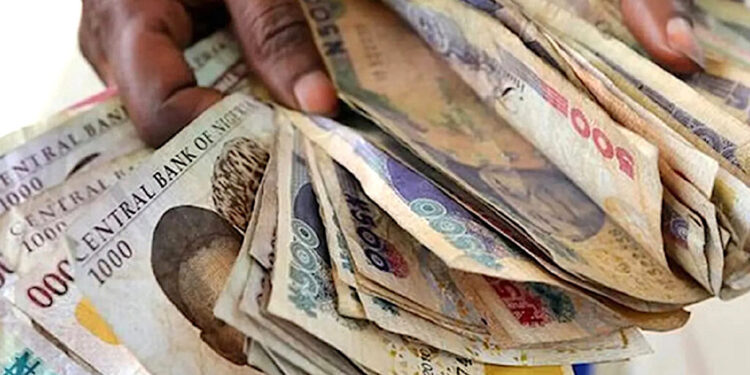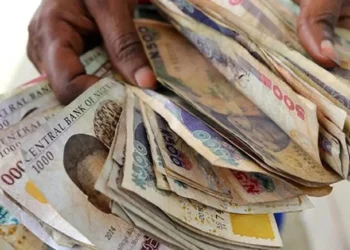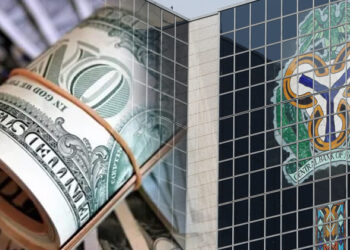The Nigerian Naira continues to face challenges as it hovers near its lows on the black market, with dwindling reserves and limited dollar inflows hampering the Central Bank of Nigeria (CBN) from meeting the increasing demand for the greenback.
In the early hours of Wednesday, the Naira was reported to be trading at 1,245 naira against the US dollar on the parallel market, reflecting the ongoing pressure. Meanwhile, the one-month non-deliverable forwards market quoted the Naira at 1,002.50 naira on Tuesday, showcasing the high divergence between the official and black-market rates.
CBN Governor Olayemi Cardoso has emphasized a commitment to allowing market forces to set exchange rates while implementing transparent and unambiguous regulations. However, the disparity between official and black-market rates has widened, with traders favoring the latter due to the premium it offers.
The situation is exacerbated by weak foreign exchange liquidity, resulting in severe fluctuations similar to those witnessed in the unofficial parallel market, where the Naira trades with more flexibility. The Naira has already experienced a significant depreciation, losing about four-fifths of its value, making it the worst-performing currency in Africa.
Nigeria’s FX market turnover, indicating the volume of dollar transactions at the official market, declined by 18.90% to $111.76 million on Tuesday from $137.82 million recorded on Monday. The low FX supply contributes to the depreciation of the Naira against the US dollar, making imports more expensive and putting upward pressure on inflation.
Despite expectations of a decline in parallel market activity after the Naira’s devaluation, it appears to be thriving. Former acting head of CBN, Folashodun Shonubi, pointed out that diaspora remittances, avoiding traditional channels, contribute to the funding of the illegal markets. Shonubi emphasized the need for better understanding and regulation to prevent criminal activities associated with unregulated markets.
Since the oil price decline before the pandemic, Nigeria has faced severe FX shortages, prompting foreign investors to divest from local assets and repatriate profits in dollars. The Nigerian government’s inability to clear a backlog of dollar demand estimated at about $7 billion has further strained the country’s market integrity.
With modest growth rates and predictions of a decline in oil export revenue, the Naira is likely to face more challenges in the upcoming year. The IMF’s forecast of 3% growth in 2024 is only slightly better, and CBN chief Yemi Cardoso anticipates a decrease in the country’s oil earnings due to production challenges and divestment from large oil businesses.
The weak dollar index, trading near its lowest level since July, has not provided relief for the Naira, as expectations of a US rate reduction next year weigh on the global currency market.









